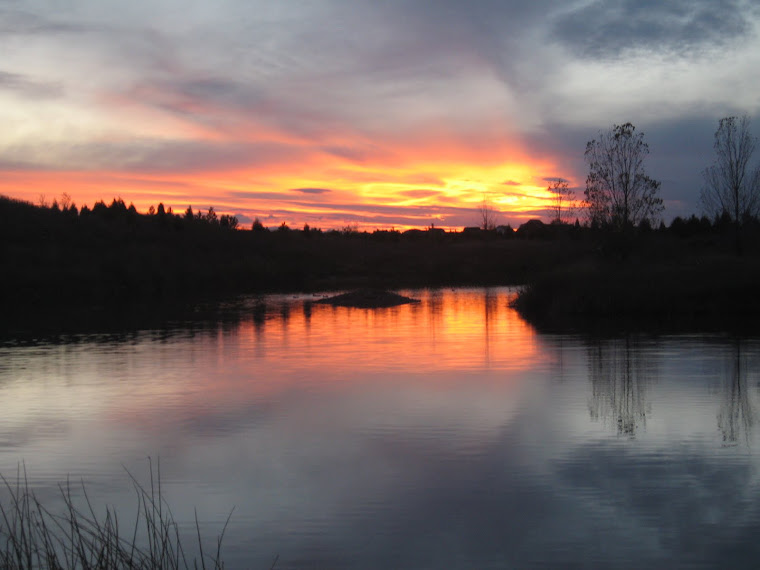Monday
Saxon 75
Age of Fable ch 26 Aurora and Tithonus, Acis and Galatea Written Narration (Notebook)
This Country of Ours ch 92. Johnson - How the President Was Impeached Oral Narration
Physics Lab in A Housewares Store: Trivets p. 70 Oral Narration
Spanish Ch 3 Section 1and 2
Practice Latin Roots
Reading
- Read chapter 6 of Captains Courageous.
- Write in full sentences in your notebook…
- What is the story of Disko Troop’s name, and what does this suggest about his parents’ priorities? What do you think Kipling was saying about Disko when he used the allusion to Myron’s bronze statue “Discobolus”?
- What things, in Disko’s judgment, ought to be kept separate? (Two of them cause an argument between Uncle Salter’s and Disko at the beginning of chapter 6.) What are some of Disko’s reasons for thinking this way?
- How do sailors on different ships relate to one another?
- free·ma·son/ˈfrēˈmāsən/Noun: A member of an international order established for mutual help and fellowship that holds elaborate secret ceremonies. The original freemasons were itinerant skilled stonemasons of the 14th century, who are said to have recognized fellow craftsmen by secret signs — (My comments: freemasonry is a false religion that cannot be practiced by a true Christian. It is something that many of America’s founding fathers were part of and is a hidden part of American life and politics, but it is something to be avoided and to not become curious about.)
Writing
- Choose a metaphor about America. What would you compare America to? Kipling compares America to the big ship. Choose a metaphor for America and explain why.
Tuesday
Saxon 76
Carry a Big Stick (Teddy Roosevelt) pgs 83-97 Oral Narration
Christian Liberty Nature Reader 5: ch. 26, Coverings of Animals Oral Narration
Spanish Ch 3 Section 2 (two days)
Practice Latin Roots
Reading
- Read chapter 7 of Captains Courageous.
- Answer the following in complete sentences in your notebook (remember to label them with the chapter number.)
- What happens to the Jennie Cashman?
- What impact does the accident have on Penn? Take time to think through this incident. What might Penn’s character represent? Uncle Salters? How does the accident affect Harvey?
- What good news does the Carrie Pitman bring?
Vocabulary
- Play this vocab matching game.
Wednesday
Saxon 77
The Story of the World vol 4 ch 8, 9 Oral Narration
Madam and Lady Why Ch 12 Homeward Bound from "Yes. You are a lucky boy to have seen that." to "because you went on board at night." (pg 264-268) Oral Narration
Vocabulary for Part Four
Guillemot, murre, marrock Names for a kind of large auk
Discussion Questions for Part Four
1. The father repeatedly brings up the issue of cruelty to animals. What is his solution? How does the boy respond?
Spanish Ch 3 Section 3 Subject pronouns
Practice Latin Roots
Reading
- Read chapter 8 of Captains Courageous.
- Answer the following in complete sentences in your notebook (remember to label them with the chapter number.)
- Describe the community of fishermen that exists in the “town” the We’re Here encounters.
- What is the “Virgin”?
- What superstitions are revealed as a result of the death of the Frenchman? Write down at least one Scripture that instructs us on how God views these things. Read “What the Bible Says about Superstitions.”
- What is the race that the We’re Here has with the Parry Norman and what is significant about the finish for the We’re Here?
- What is Harvey’s reaction to arriving in Gloucester and why does he feel this way?
Spelling
- Participate in the spelling bee.
Thursday
Saxon 78
BOM: Hilburton CH 29 The heart of Russia Written Narration (Notebook)
10 Facts
Hillyer's Childs Geography of the World ch 55, 56 Written Narration (Notebook)
<!--[if !supportLists]-->1. <!--[endif]-->Locate and label India , Calcutta Calcutta Pakistan and Islamabad
<!--[if !supportLists]-->2. <!--[endif]-->Locate and label Bombay , the Taj Mahal, the GangesRiver, Benares , Sri Lanka and capital Colombo
3. Also locate and label any other nearby countries and capitals not mentioned: Afghanistan, Kabul, Nepal Bangladesh, Dhaka Burma, Rangoon
Spanish Ch 3 Section 3 Las Plurals
Practice Latin Roots
Reading
- Do this simile exercise.
- Read chapter 9 of Captains Courageous.
- Answer the following in complete sentences in your notebook
- How do Harvey’s parents respond to his tales of his life at sea?
- Where does Kipling’s humor shine through as it relates to Dan and his dad’s “jedgments?” What might this be saying about the potential for Dan and Harvey’s generation?
- Why does Cheyne think that “jerk[ing] the We’re Here back to port” might not have been so good for Harvey had Disko done it when he first picked Harvey up?
- What decision does Cheyne, Disko, and Dan’s mother arrive at regarding Dan’s future?
Writing
- Read this poem.
EDIBLE
My shirt is red tomato soup,
My pockets are green peas.
My khakis are brown dog biscuits.
My socks are cottage cheese.
I have vanilla ice-cream shoes
with limp spaghetti bows.
I wish I could eat everything,
but then I”d have no clothes!
–Jacqueline Sweeney
- Choose a noun. Choose two adjectives that describe that noun. Turn each into a metaphor. EXAMPLE… apple; red, delicious
- My apples is red becomes my apple has blushing cheeks.
- My apple is delicious becomes my apple is a symphony in my mouth.
Friday
Saxon 79
Spanish Ch 3 Section 3 possessive adjectives
Practice Latin Roots
